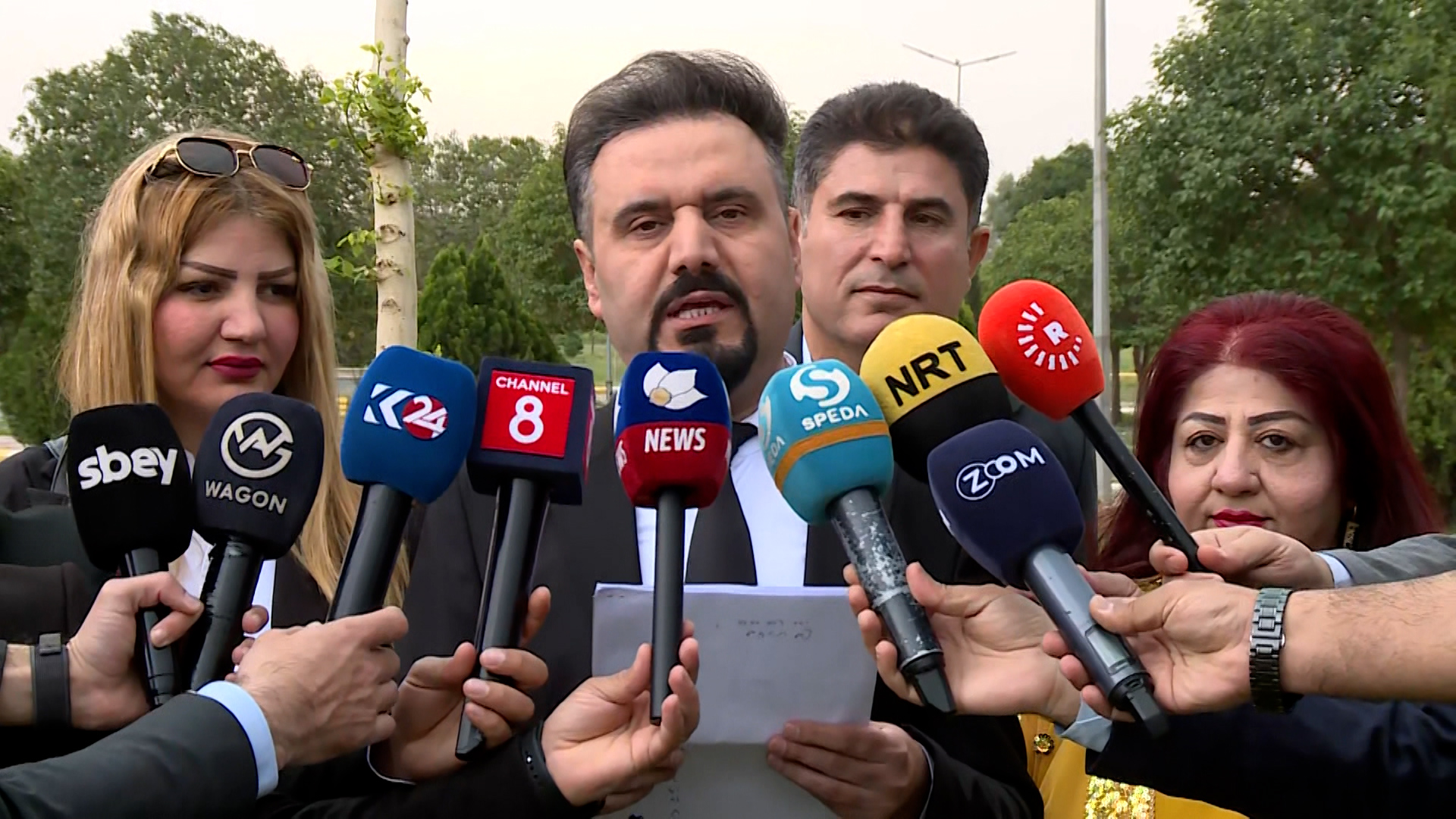Kurdistan Region Reports Significant Increase in Autism Cases
"Within the next 20 years, every household in Kurdistan could have at least one child with autism," said Kemal Jabari.

By Ahora Qadi
ERBIL (Kurdistan 24) – The head of the Kurdistan Autism Association has expressed concern over a significant rise in autism cases across the Kurdistan Region, with approximately 3,900 children currently diagnosed with the condition. Speaking at a press conference on World Autism Awareness Day, Kemal Jabari called on the Kurdistan Regional Government (KRG) to enhance support for families affected by autism and to prioritize measures addressing this growing challenge.
Jabari highlighted a troubling trend, stating that in 2008, only one case of autism was recorded for every 150 births in the Kurdistan Region. However, the current rate has skyrocketed, with one case identified in every 90 births. If this trend continues, he warned that within the next 20 years, every household in Kurdistan could have at least one child with autism.
Jabari also noted that nearly 40-55% of these cases are classified as severe, requiring intensive care and specialized education.
Families in Crisis
The burden on families dealing with autism remains immense, with many facing financial and emotional struggles. Jabari revealed that at least 50 families have been forced to separate due to the pressures of raising an autistic child, while 80% of parents suffer from mental health issues related to their children’s condition.
Despite the rising number of cases, only 12% of affected children benefit from government-run autism centers, and just 11% receive financial assistance from the KRG. Currently, only 394 children receive government stipends, leaving thousands without proper financial aid.
The KRG has submitted a list of autism-affected children to the Iraqi government in Baghdad, requesting additional funding. However, Baghdad has yet to finalize the process, leaving many families in limbo.
Insufficient Autism Centers
Jabari emphasized the urgent need for additional autism support centers. Currently, the Kurdistan Region has 49 centers, of which only 10 are government-funded, distributed as follows:
Erbil: 14 centers
Sulaimani: 8 centers
Duhok: 7 centers
Garmiyan: 4 centers
During the press conference, Jabari called for the establishment of more autism centers in both urban and rural areas. He also appealed to international organizations, NGOs, and philanthropists to assist the KRG in addressing the autism crisis.
Government Intervention Urged
The Autism Association has formally submitted a request to the Council of Ministers, urging the government to:
- Provide financial assistance for families raising autistic children.
- Offer housing and utility subsidies to ease their financial burden.
- Grant extended parental leave for government employees with autistic children.
- Improve special education programs in public schools.
- Establish residential care facilities for autistic children over the age of 12 who require long-term support.
Jabari stressed that autism is not just a medical condition but a societal challenge that requires a comprehensive, government-backed response to ensure affected children receive the care and education they need.
“Breaking the cycle of neglect and ensuring a better future for these children requires an inclusive framework that prioritizes their needs and the well-being of their families,” he concluded.